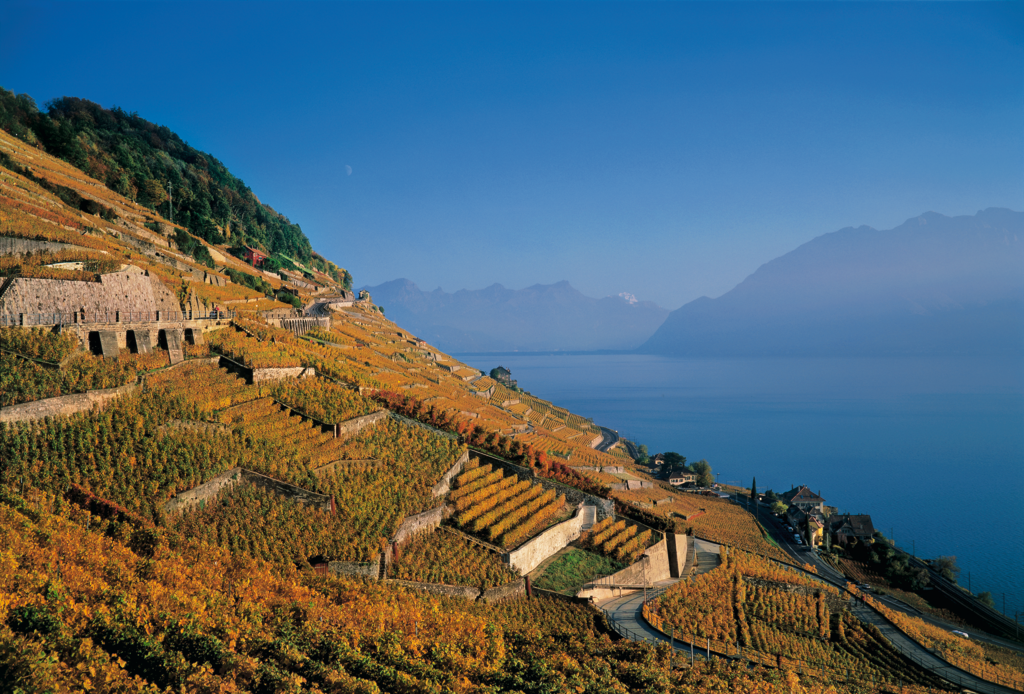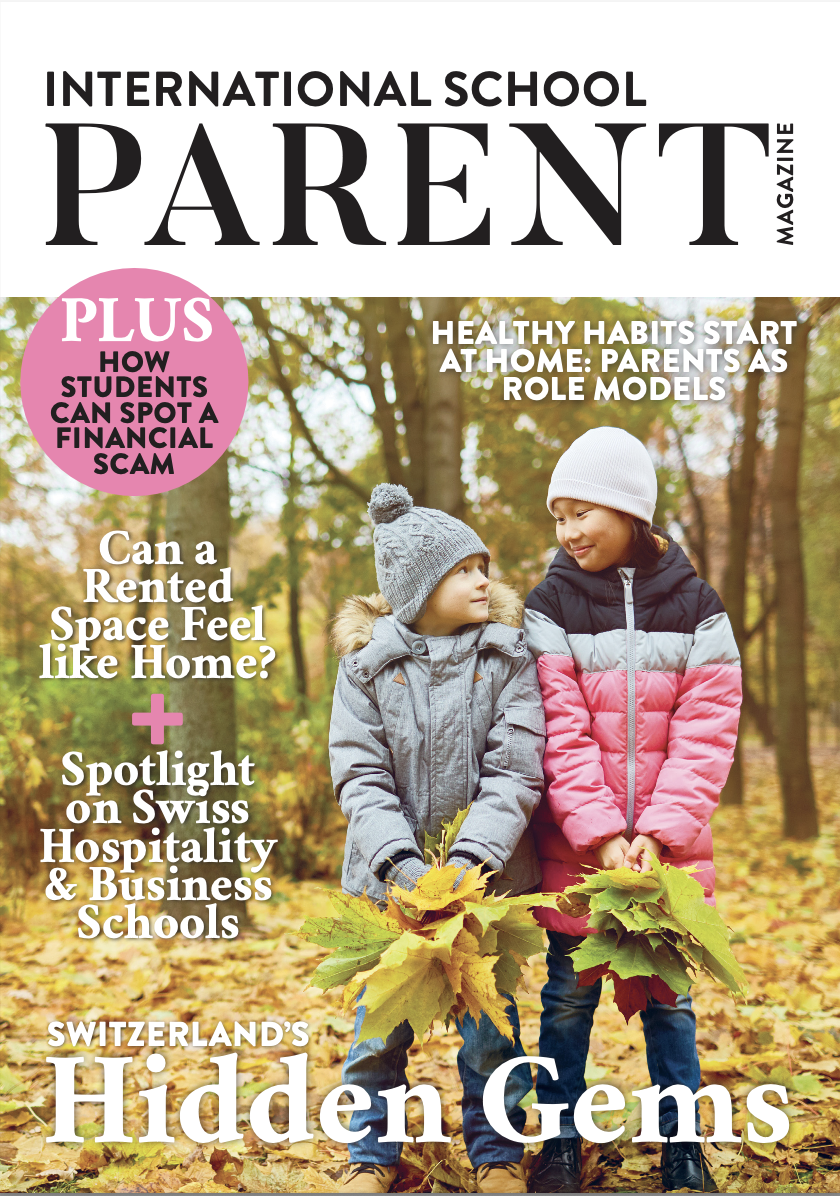Experience Swiss Wine Making like Never Before with Grape Escapes
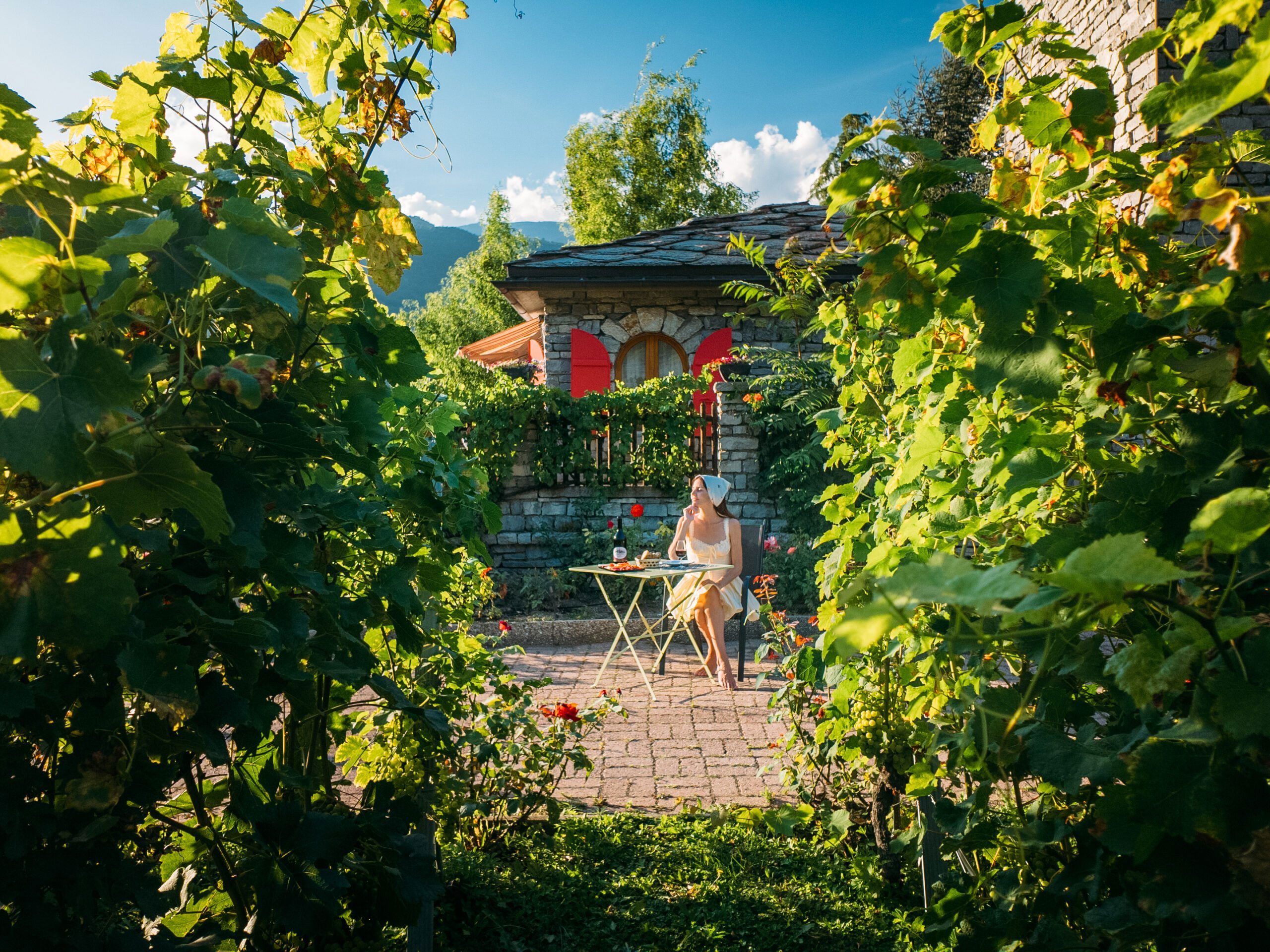
Few visitors realise that Switzerland has been producing wine for more than two millennia. Introduced by the Romans, viticulture has deep roots in the country’s history and landscape. Today, Switzerland’s wine industry is small but remarkably robust. Although Swiss wine represents only around 0.5% of global production, it is highly regarded for its quality and for the distinctive character shaped by the alpine environment.
Grape Escapes
Grape Escapes is a new initiative developed by Switzerland Tourism and Swiss Wine Promotion to strengthen off-season travel and to raise the international profile of Swiss wines.
The programme invites guests to stay in vineyard-based accommodations and experience the country’s diverse wine-growing regions first-hand. With sustainability, authenticity, and regional connection at its core, Grape Escapes combines cultural and agritourism while supporting local economies in lesser-known destinations.
Launched in 2024, the project offers unique overnight stays directly in or adjacent to vineyards, creating opportunities for deeper visitor engagement with Switzerland’s wine landscape. Beyond traditional tastings or tours, Grape Escapes provides full sensory immersion, highlighting proximity to nature, minimal environmental impact, and the preservation of local knowledge.
At its heart, the programme promotes the principles of slow tourism. Guests are encouraged to extend their stay, explore regions at a measured pace, and connect with winemaking and gastronomy at their source. Each visit is complemented by curated experiences such as tastings, harvest participation, vineyard walks, and regional culinary specialities.
Learn more about upcoming events in Switzerland’s wine regions
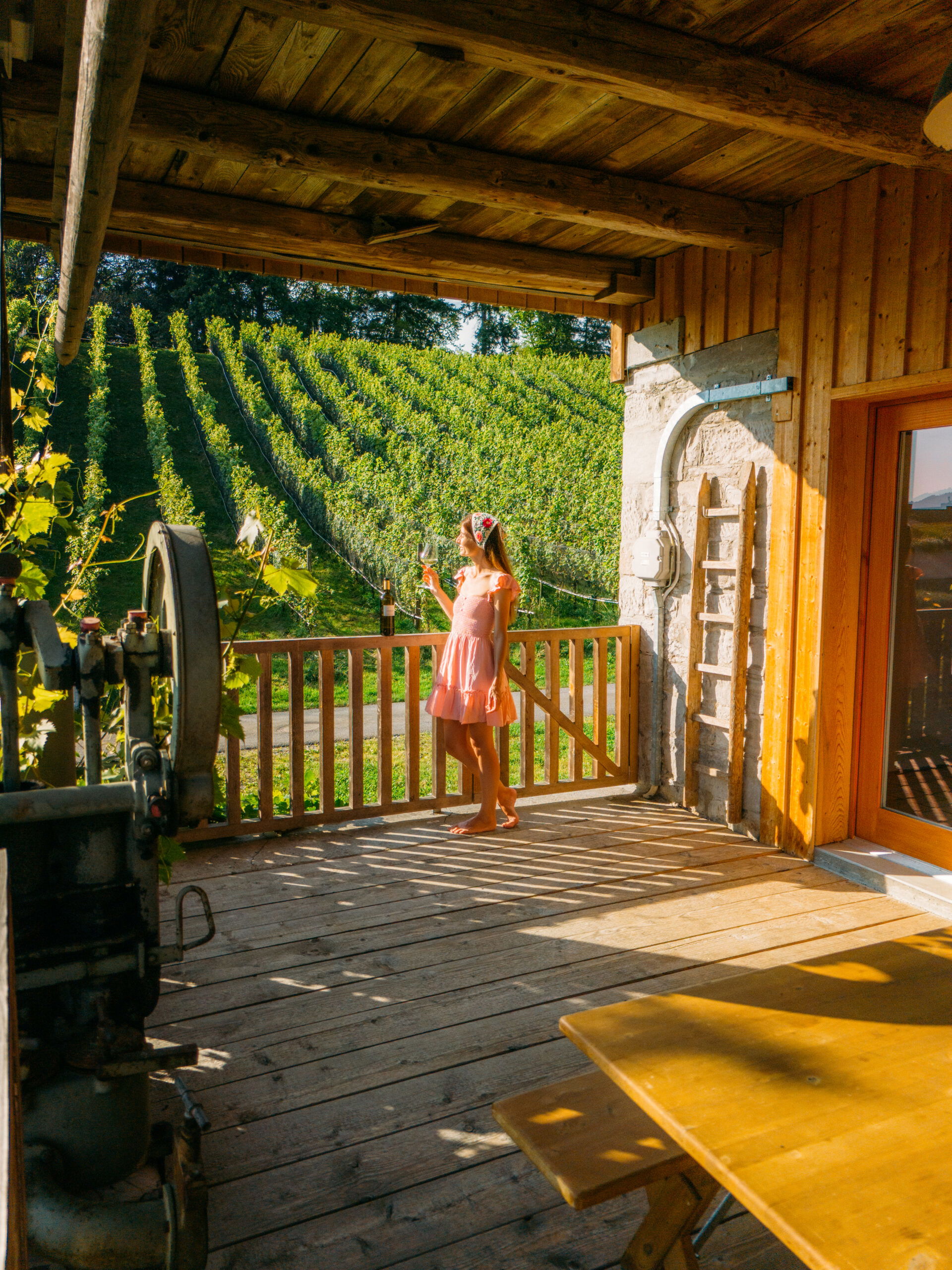
What is Slow Tourism?
Many travellers are familiar with the concept of slow food; slow tourism follows the same philosophy. Part of the wider slow movement, it emphasises quality, depth, and authenticity over speed and quantity. Rather than moving quickly from one destination to the next, slow tourism encourages visitors to:
- Spend more time in a single location, allowing for a deeper connection to place
- Engage with local culture by meeting residents, learning traditions, and enjoying regional food and wine
- Travel sustainably, favouring trains, bicycles, or walking over less environmentally friendly options
- Prioritise experiences over attractions, from vineyard walks and village markets to cooking classes and seasonal festivals
Within this context, Grape Escapes offers travellers a distinctly slow alternative. Instead of rushing from city to city, guests might spend a week in the Lavaux vineyards—hiking the terraced slopes, tasting Chasselas at family-run wineries, dining in local bistros, and discovering the region at an unhurried pace.
Switzerland’s Wine Regions
Switzerland is home to six official wine regions, each offering distinctive grapes, landscapes, and climates. All of these regions are featured in the Grape Escapes programme:
- Valais – The country’s largest wine-producing canton, situated in the Rhône Valley. Its dry climate is ideal for both red and white varieties, including Pinot Noir, Cornalin, and Gamay, as well as specialties such as Petite Arvine.
- Vaud – Home to Lavaux, a UNESCO World Heritage site with spectacular terraced vineyards overlooking Lake Geneva. While a variety of grapes are grown here, Vaud is best known for its emblematic Chasselas.
- Three Lakes Region – Encompassing Neuchâtel, Biel, and Murten, this area combines water-based activities with wine tourism. It is particularly known for Pinot Noir and for Œil-de-Perdrix, a distinctive pale rosé.
- Ticino – The southern, Italian-speaking canton of Switzerland, known for its Merlot. The region’s Mediterranean influence is reflected not only in its vineyards but also in its architecture, cuisine, and culture.
- German-speaking Switzerland – Home to many smaller but increasingly acclaimed wine areas such as Zurich and Thurgau. These regions are gaining recognition for fresh, high-quality white wines like Müller-Thurgau and for rich Pinot Noirs.
- Geneva – Located close to the city, this region is perfect for short stays. It is characterised by a broad diversity of grape varieties and organic winemaking.
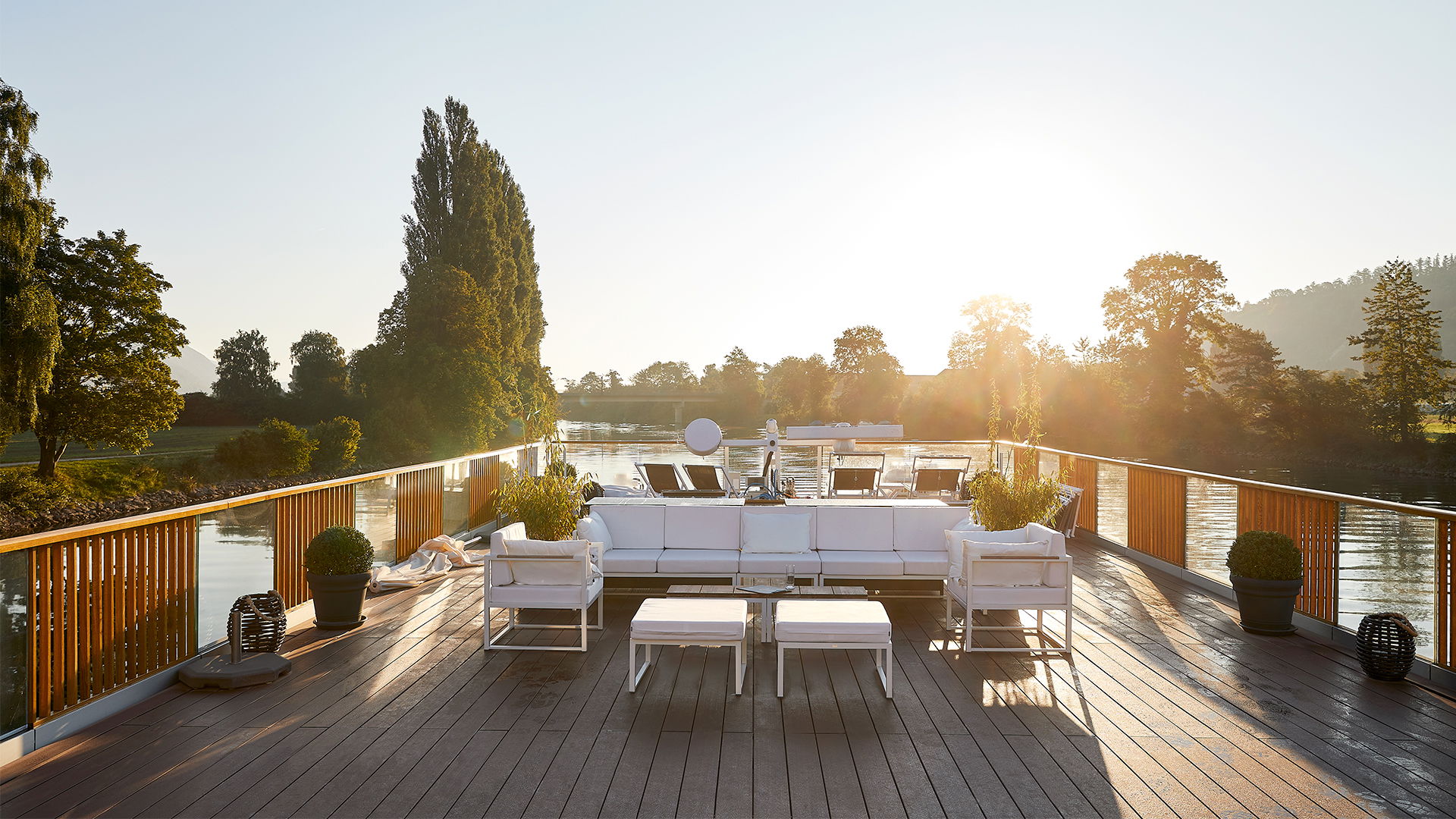
Accommodation
Grape Escapes features around 60 distinctive accommodations, ranging from stays nestled directly among the vines to properties offering sweeping vineyard views. The selection includes everything from elegant boutique hotels to traditional Räbhüsli (vineyard cottages), ensuring options to suit every type of traveller.
Some of the most unique and memorable accommodations include:
- Wine Barrel Lodges – Repurposed wine barrels transformed into comfortable and welcoming overnight stays.
- Bubble Tents – Transparent domes that allow for stargazing beneath the night sky, set against the backdrop of the vineyards.
- Bird-Box Rooms – Minimalist hillside cabins designed to maximise panoramic views of the surrounding vines.
- Historic Winegrowers’ Cottages – Carefully restored traditional homes that offer rustic luxury.
- Floating Hotels (Boatel) – Overnight cruises that allow guests to discover Switzerland’s wine regions from the water, including the picturesque Three Lakes area.
- Mobile Safari Tents on E-Bikes – An innovative concept combining cycling and accommodation, where travellers explore vineyards on e-bikes and stay overnight in portable safari tents.
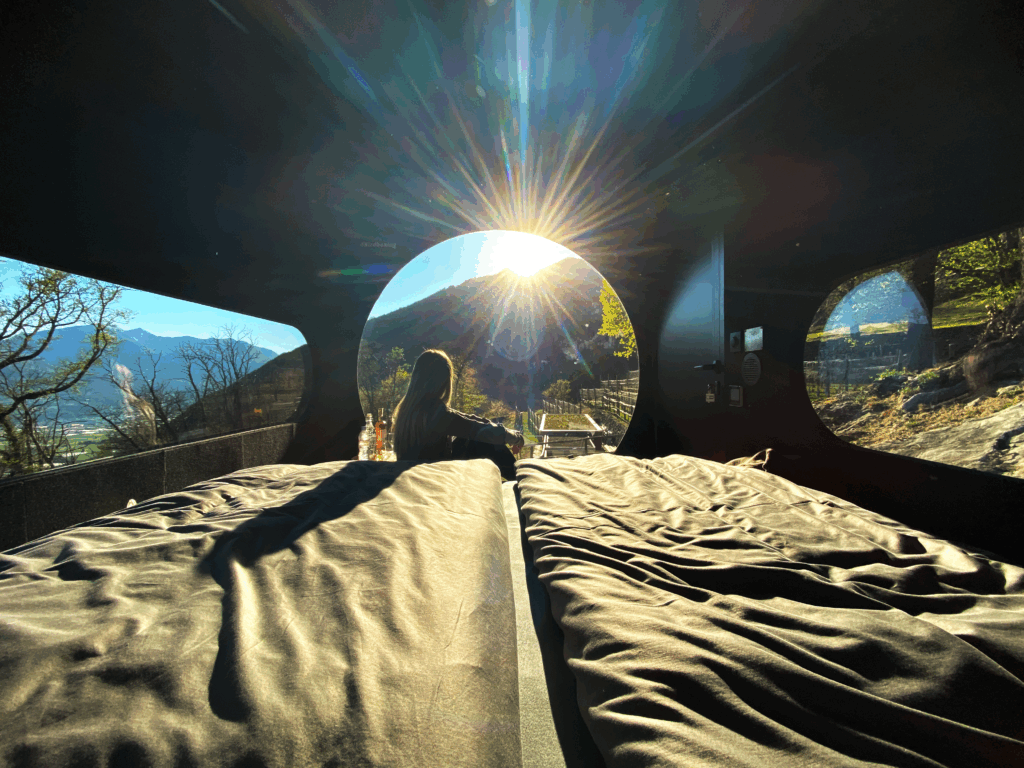
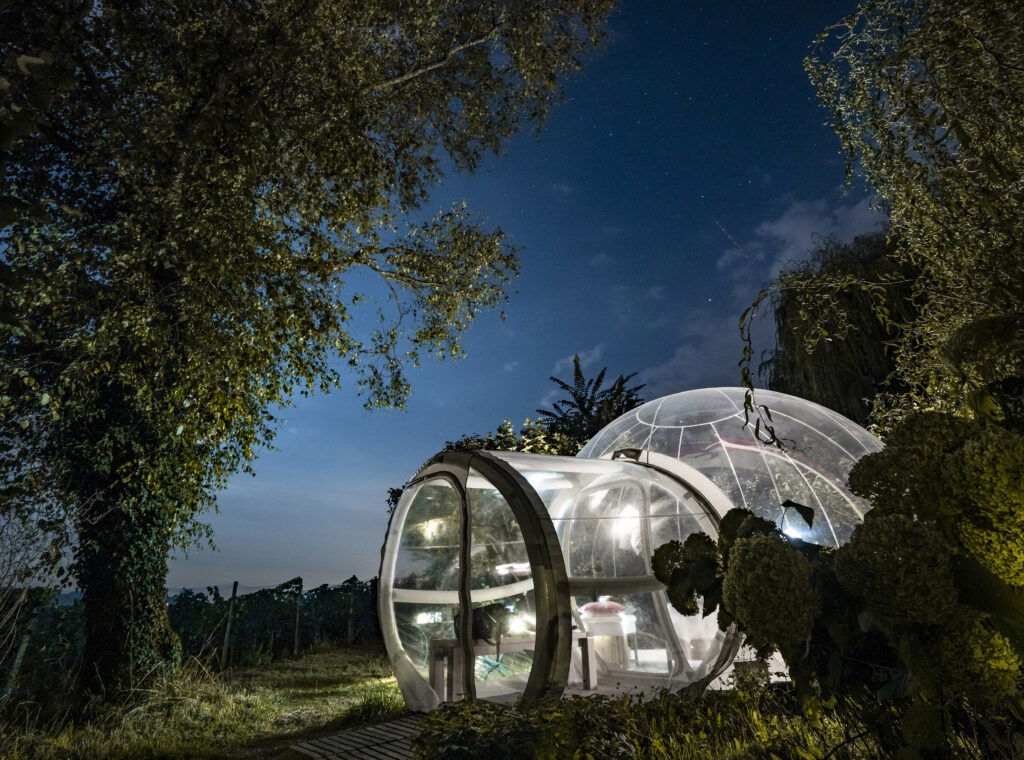
How to book a Grape Escape
Booking a Grape Escape is simple. Begin by exploring the website for inspiration and to discover the wide variety of experiences available. Once you have chosen your preferred accommodation from the Grape Escapes collection, you can book directly with the property. Then, select from a curated range of activities and experiences. With everything arranged, all that remains is for you to enjoy your time in a wonderful Swiss vineyard.
The Grape Escapes programme strengthens Switzerland’s wine regions in meaningful ways. It supports small winegrowers and rural communities, providing an important source of income. At the same time, it educates travellers about Swiss winemaking, a tradition that is often overlooked.
